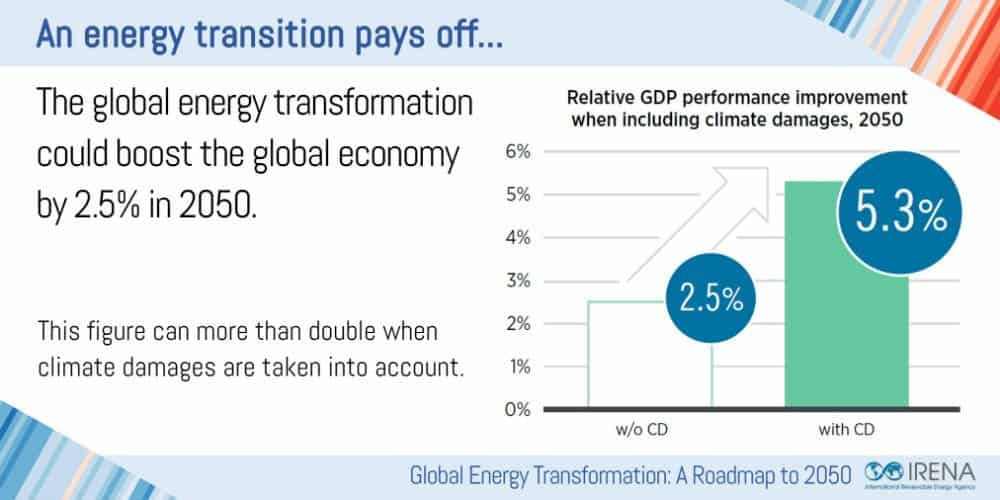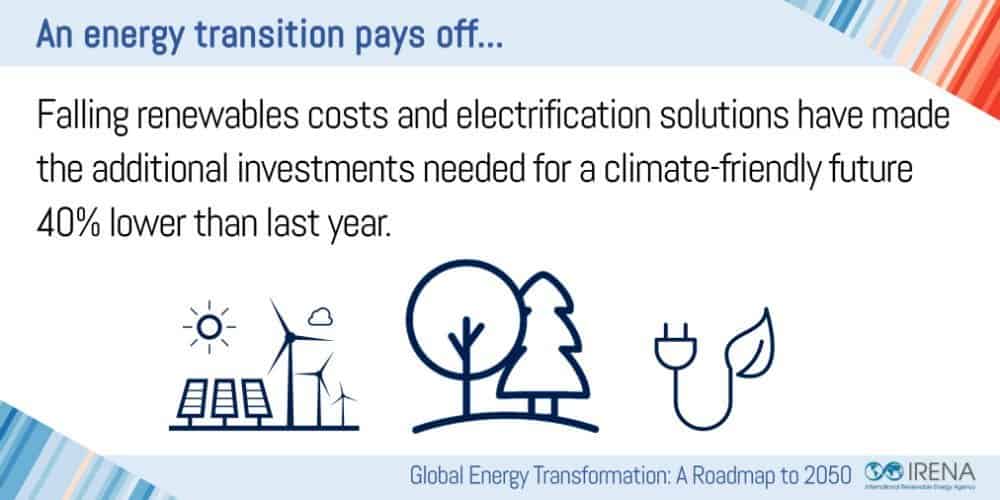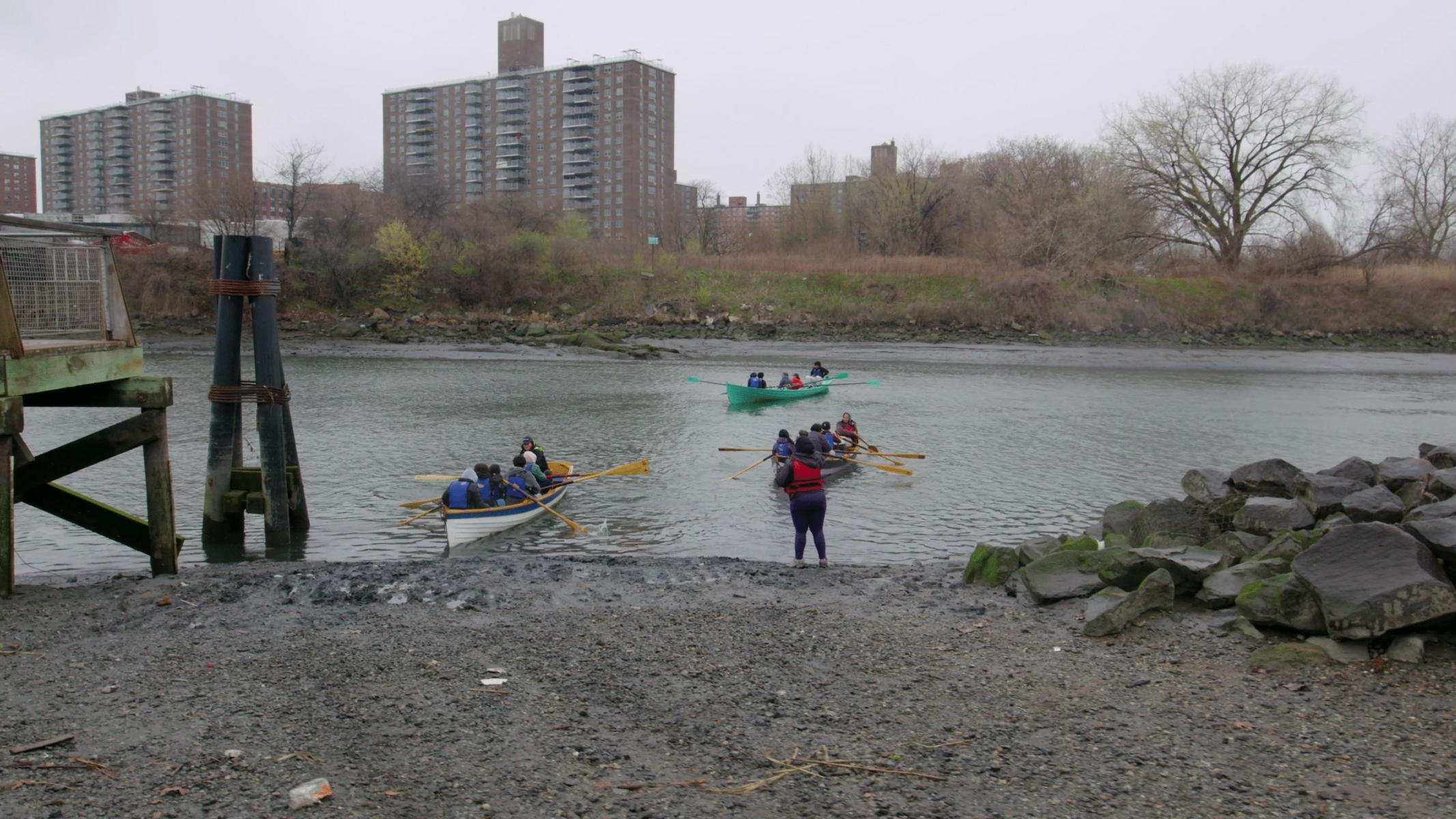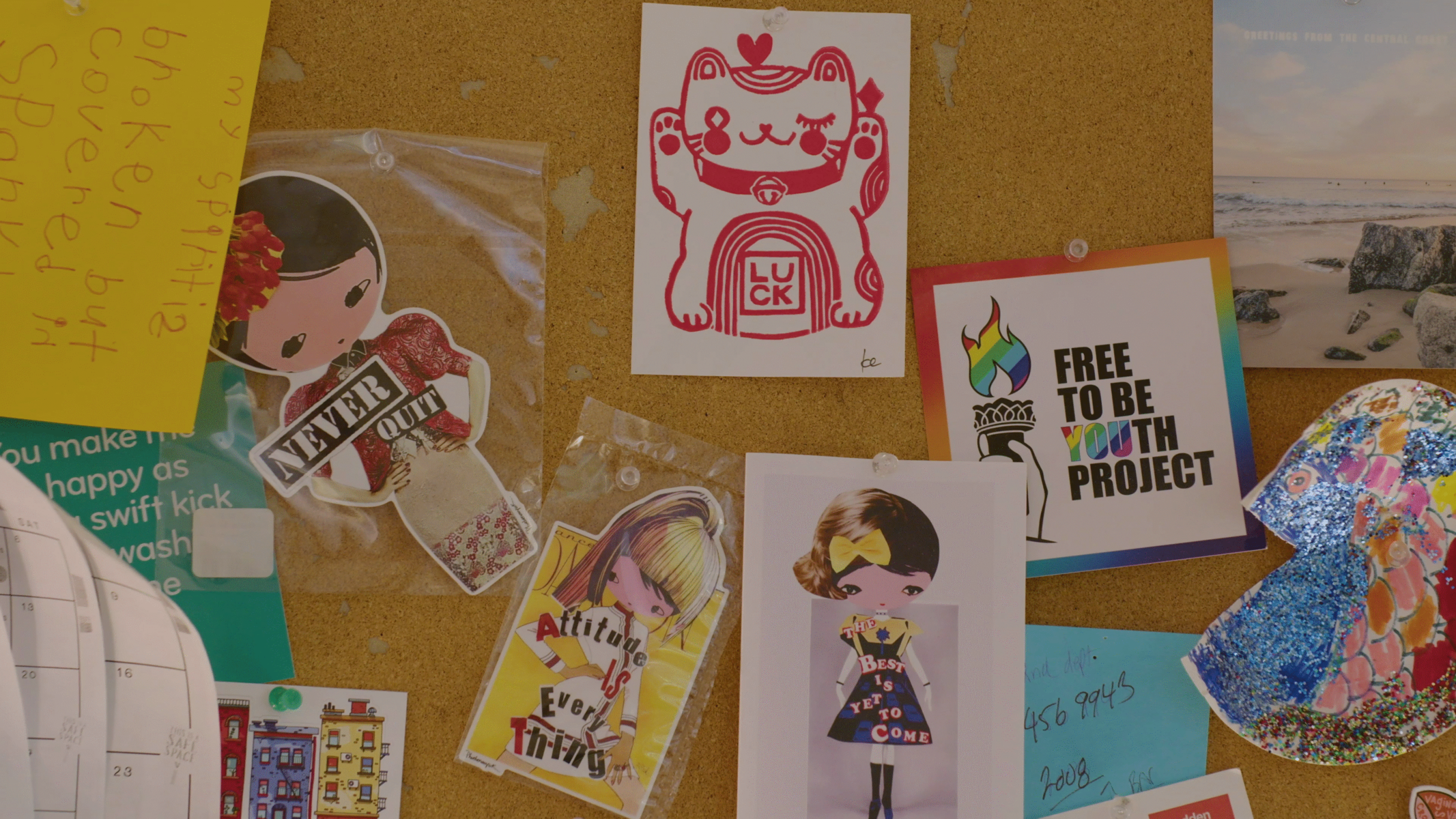Old-school economists—and there are still plenty of those around—make their estimates and calculations assuming 1) that we do everything for money (or some easily quantifiable utility), and 2) that we act in our own best interests. Neither of these things are true.
But sometimes the stars align and doing the right thing also ends up being a good investment. That’s what this collection of stories is about. We’re looking at instances in which clean, sustainable energy also makes money—not just for a few, but for many—and how we can design more systems like this so that renewable energy sources aren’t just smart science, but smart money, too.
McDonald’s rethinks its chickens
First, though, let’s discuss Chicken McNuggets. In the 1990s, activists began raising hell about the awful lives of factory-raised chickens used by McDonald’s for McNuggets and Egg McMuffins.
Faced with a public relations mess, Mickey D’s eventually agreed to buy eggs only from suppliers that gave their chickens 72 square inches of space to live in … still pretty pathetic, but an improvement over the 48-square-inch industry average.
What happened? Some egg suppliers refused to comply, but the ones that did discovered that their chickens lived longer and laid more eggs, offsetting the cost of the larger coops. In the end, McDonald’s got some good PR, a bunch of chickens got a little more breathing room, and the chicken suppliers got healthier, more productive chickens. Doing the right thing made economic sense.
Fossil fuels are an increasingly shaky investment
Something similar is happening with energy. We are getting to the point where solar, wind and other renewable power sources are often cheaper than energy derived from fossil fuels. Renewables still make up a relatively small percentage of most countries’ energy needs, but they are growing faster than fossil fuels…so investors, seeing where that growth is, are putting their money into the renewable energy industry. This is a big deal, because when there’s cash to be made, formerly niche products turn into juggernauts. In the U.S., about one-third of carbon dioxide emissions—or an amount equal to the total emissions from all of Russia or India—comes from electricity production. But now that sustainable energy is becoming cheaper, it looks like a slippery slope for fossil fuels. The Guardian found a report showing that BlackRock, the world’s largest investment company, lost $90 billion investing in fossil fuels. Duh.

According to a report by the think tank Carbon Tracker that environmentalist Bill McKibben wrote about, solar and wind, while not yet a big slice of the energy pie, are growing fast. Together, they represented 45 percent of the growth in global electricity production in 2017. Meanwhile the costs of these sources falls by 20 percent each time capacity doubles. And as battery technology continues to improve, they’ll become more reliable components of the energy grid and more common in our lives.
Kentucky irony: Coal mining museum switches to solar power to save money https://t.co/XgGCyvFUyL pic.twitter.com/gg5vylOYNq
— Svein Tveitdal (@tveitdal) April 9, 2017
This is all good news, and it can’t happen fast enough. Politically, the shift in renewable energy economics should also make it easier for politicians to stand up to fossil fuel lobbyists. There are more jobs in sustainable energy as well, so that should nudge the politicians, too. And if fossil fuels are increasingly viewed as not just morally questionable but dicey investments, then the money for oil wells, fracking and pipelines could begin to dry up. Fracking in particular is often unprofitable, so a negative nudge might slow down that mess significantly.
Closing the gap
Some European countries have shown that a surprisingly large percentage of a nation’s energy needs can come from sustainable and renewable sources. In Germany, 40 percent of electricity is now from renewables. That’s impressive—in the U.S. it’s only 17 percent—and it shows that renewable energy is scalable, though Germany has spent a LOT on subsidies to make it happen. So there needs to be political will for it to work.

Sweden gets over half of its energy from renewables! The Swedes plan to be carbon neutral by 2045, but they’ll rely on a good number of nuclear power plants to achieve this goal.
Is nuclear okay?
From every analysis I’ve seen, wind and solar won’t solve all our energy needs alone, not just because they’re intermittent, but because the acreage they’d require to cover all our needs makes it very difficult. Hydroelectric power can help, but that comes with its own set of problems. Granted, we need to reduce our energy needs, as well—we can’t go on consuming as much as we currently do.
I read an excellent book by David McKay called Sustainable Energy Without the Hot Air that uses a LOT of charts and graphs to show how we can meet many of our energy needs sustainably. (It’s available as a free PDF.)
He calculates how much of our energy usage could be provided by sustainable sources, and concludes, in part, that nuclear is our only hope. I see his point, but it still scares the shit out of me. Human error is inevitable, and it presents a major disposal problem—the half life of Uranium-235 is 700 million years. Yup.
My friend Brian Eno, who agrees with McKay that nuclear is necessary, had an exchange with me about this a little while ago, and, as the subject is so emotional, I hope to do some more research and present that soon. But at least the economic incentives are pushing us in the right direction. We can meet a substantial percentage of our energy needs with sustainable sources if people see it as something worth putting their money behind.
This story is part of a collection called Doing Good is Good Business: Stories about generating clean energy while making a buck. Read more here.









